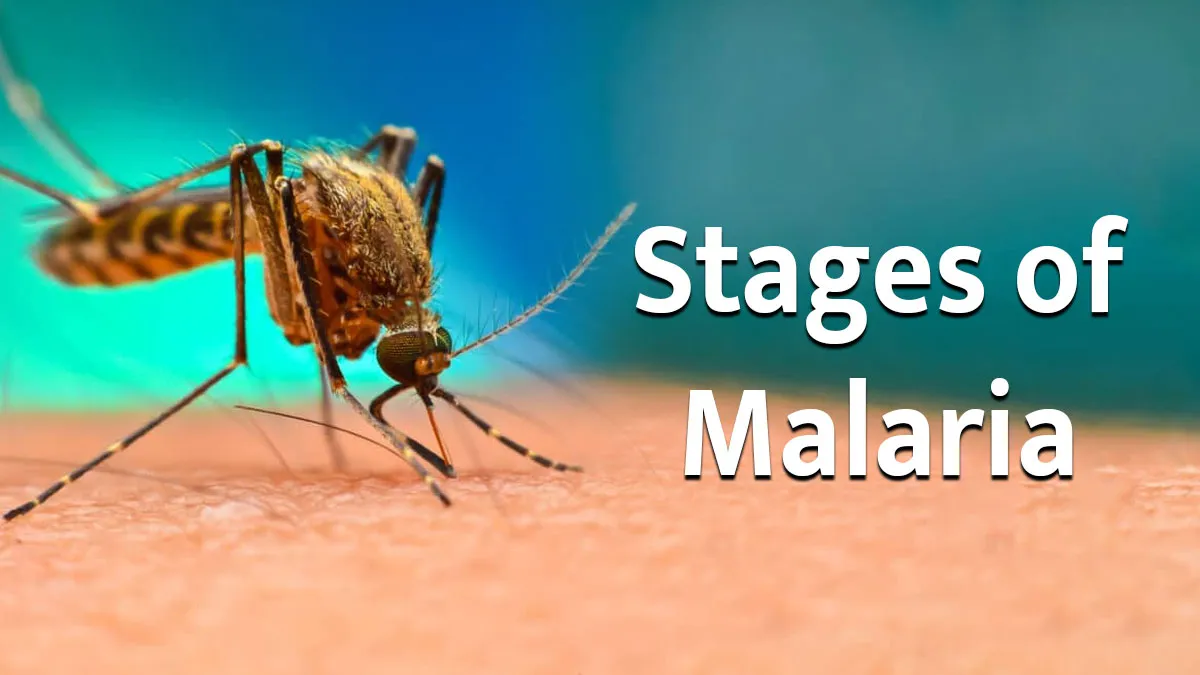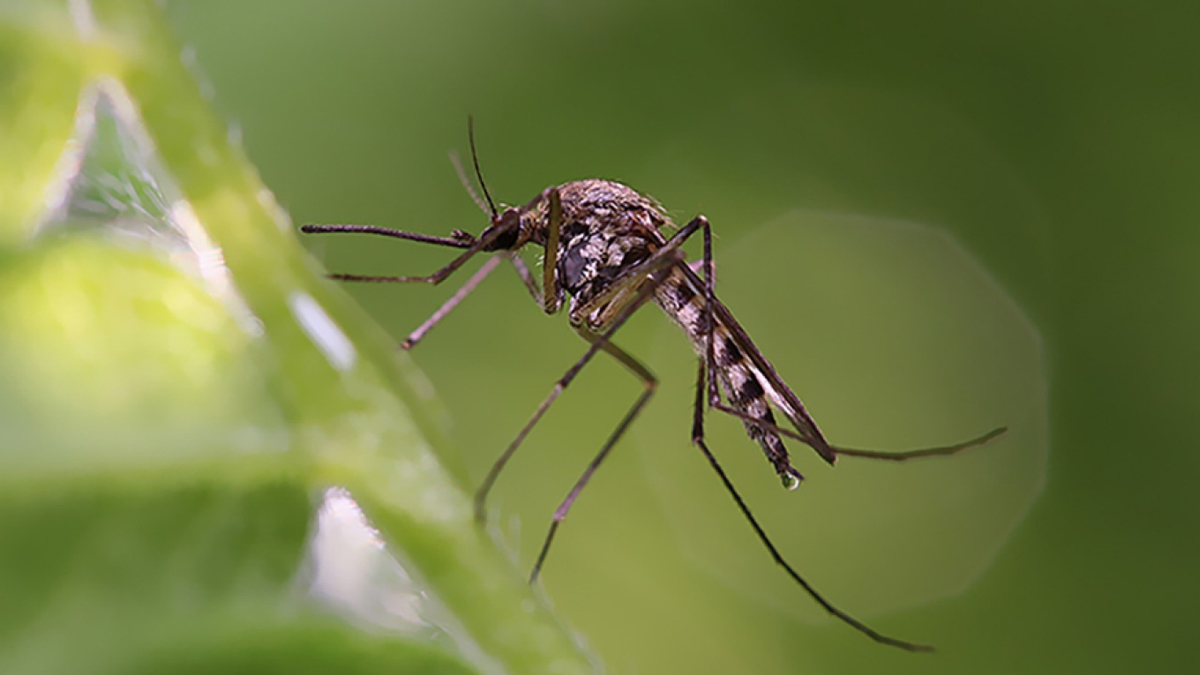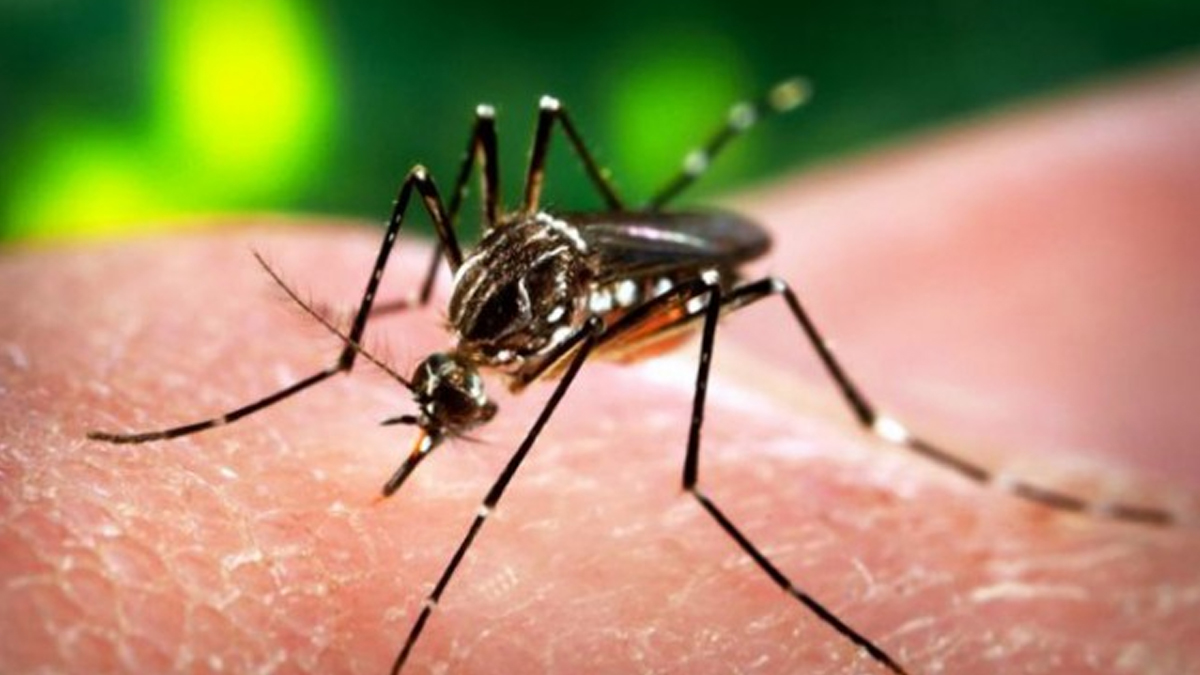
It's a bit hard to realise that something as small as a mosquito might ruin your whole day, or even kill you. Malaria is one of those illnesses that everyone has heard of and immediately worries: Can a single mosquito bite really be that deadly? The answer, sadly, is yes. Malaria continues to be a leading health risk in much of the world, and learning why it occurs in the body will enable you to identify signs earlier and safeguard yourself. In order to describe how malaria sets in, Dr Shalmali Inamdar, Consultant, Physician and Adult Infectious Diseases at Kokilaben Dhirubhai Ambani Hospital, Mumbai, explains the three stages of the disease that you need to know about.
Table of Content:-
How Does Malaria Start? 3 Key Stages ![stages of malaria 3 - 2025-07-10T164225.707]()
Malaria is brought about by Plasmodium parasites and spread to humans via the bite of an infected female Anopheles mosquito. You may not even realise the bite initially, but what follows thereafter is a sophisticated process within your body that occurs over three principal stages.
Stage 1: Liver Stage (The Silent Phase)
Dr Inamdar describes, "After the mosquito transmits the parasite into the blood, the sporozoites quietly make their way to the liver. There, they infect liver cells and grow for 7–10 days." This is the silent phase or liver stage. You will not get ill, and there are no visible symptoms. But meanwhile, the parasites are replicating and accumulating in their numbers, preparing themselves for the second phase. This is why malaria can be so stealthy by the time you get sick, the infection has already started well.
Stage 2: Blood Stage (Where Symptoms Appear)
Once they've done their stay in the liver, the parasites exit and invade your red blood cells. Dr. Inamdar explains, "After they leave the liver, the parasites enter the red blood cells and start multiplying fast. When the infected red blood cells rupture, they release more parasites into the bloodstream, causing characteristic malaria symptoms like high fever, chills, body pain, vomiting, weakness, and sweating." This is when most individuals notice that something is amiss. Malaria can be diagnosed with a blood test during the blood stage as well. The symptoms are serious, but most individuals recover with immediate treatment.
Stage 3: Complicated Stage (Severe Malaria)
In some cases, particularly in individuals with Plasmodium falciparum infection, the infection becomes life-threatening. Dr Inamdar cautions, "In a few instances, the infection turns severe, involving important organs such as the brain (cerebral malaria), lungs (pulmonary oedema), or kidneys (renal failure). It can cause complications such as seizures, coma, or even death if left untreated in time." This is a very rare stage, but dangerous. Young children, pregnant women, and individuals with weakened immunity are at the greatest risk.
ALSO READ: How Malaria In The Postpartum Period Affects Breast Health? Expert Weighs In
Why Are These Stages Important?![malaria 1 - 2025-07-10T164230.667]()
Recognising these stages helps doctors diagnose and treat malaria before it gets worse. Dr. Inamdar emphasises, “Early medical intervention, especially during the blood stage, is key to avoiding severe complications. Preventive strategies remain the best line of defence against this potentially fatal disease.” If you’ve travelled to a malaria-prone area and develop symptoms like fever, chills, or fatigue, it’s important to see a doctor right away.
Prevention Against Malaria![malaria prevention 4 (89)]()
While treatment is effective, prevention is always better. Use mosquito nets, wear long sleeves, and apply insect repellent, especially in areas where malaria is common. If you’re travelling, talk to your doctor about preventive medications. A study identifies the way the liver stage is latent, and thus, early detection is hard. By the time symptoms manifest, the parasites have already increased in numbers. This prompts that diagnosis and treatment are vital for healing.
ALSO READ: Why Is Immunity Low in the Rainy Season? Tips to Build Immunity Ahead of Monsoon
Takeaway
Malaria is a disease that begins quietly but rapidly becomes threatening. Familiarity with the three phases, like liver, blood, and complicated, will encourage a quick response if you are developing symptoms. Early treatment is the key to survival, and basic prevention measures will protect you from that single mosquito bite that might alter everything.
Also watch this video
How we keep this article up to date:
We work with experts and keep a close eye on the latest in health and wellness. Whenever there is a new research or helpful information, we update our articles with accurate and useful advice.
Current Version


-1752146133581.jpg)